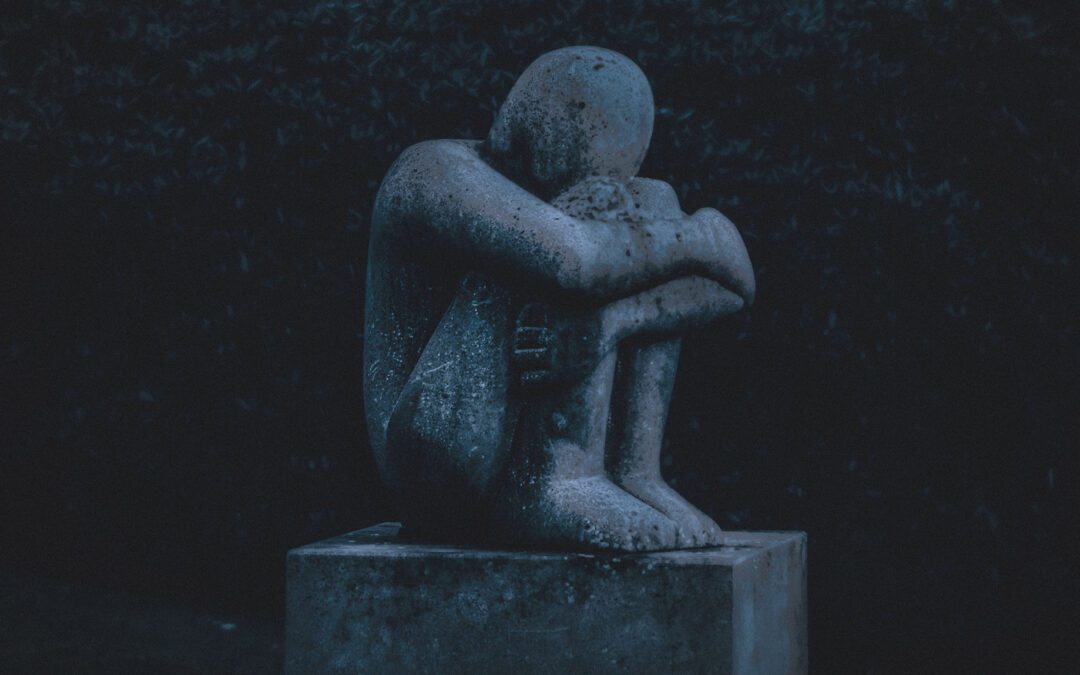Grief is an inevitable part of life that all of us will experience at some point. Losing someone or something important to us can trigger a variety of emotions – from sadness and loneliness to frustration and helplessness. This emotional response can be a result of various life changes, such as the death of a loved one, the end of a relationship, the loss of a job, a chronic illness, or even a move to a new home. It’s important to remember that everyone grieves differently, but by understanding our emotions, taking care of ourselves, and seeking support, we can start the healing process.
The Stages of Grief
When we experience a loss, our feelings may occur in phases as we grapple with the reality of our situation. This is often described as the ‘stages of grief’, although it’s important to note that this is not a linear or universal process. Everyone experiences these stages in their own way, and it’s not unusual to go back and forth between them or skip one or more stages altogether.
- Denial: This is typically the first reaction when we learn of a significant loss. We might think, “This isn’t happening.” Denial can manifest as shock or numbness, serving as a temporary defense mechanism to help us cope with overwhelming emotions.
- Anger: As the reality of our loss sinks in, we’re often faced with the pain it brings. This can lead to feelings of frustration and helplessness, which can later turn into anger. It’s not uncommon to direct this anger towards other people, a higher power, or life in general. Even feeling anger towards a loved one who has passed away is a natural part of the grieving process.
- Bargaining: This stage often involves dwelling on what could’ve been done to prevent the loss. Thoughts such as “If only…” and “What if…” are common. Some people may try to strike a deal with a higher power in an attempt to alleviate their pain.
- Depression: As we begin to understand the full impact of our loss, sadness often sets in. Symptoms of depression can include crying, sleep issues, and a decreased appetite. You may also feel overwhelmed, regretful, and lonely during this stage.
- Acceptance: This final stage involves coming to terms with the reality of our loss. While feelings of sadness may persist, we start to move forward with our lives. This isn’t about forgetting or moving on, but rather, integrating our loss into our life’s narrative.
Remember, reminders of your loss, like the anniversary of a death or a familiar song, can trigger the return of grief. These emotional waves are a normal part of the grieving process.
The Duration of Mourning: How Long Is Too Long?
There’s no ‘normal’ amount of time to grieve. Our grieving process is influenced by various factors, such as our personality, age, beliefs, and support network. The nature of the loss also plays a significant role. For instance, the sudden death of a loved one may result in a longer and more intense grieving process than the end of a romantic relationship. With time, the intensity of the sadness usually lessens, and it becomes possible to experience happiness and joy alongside grief. Gradually, we find ourselves able to return to our daily lives.
Seeking Professional Help
In some cases, grief doesn’t improve over time, and acceptance of the loss remains out of reach. This is referred to as ‘complicated grief’. If you’re experiencing trouble maintaining your normal routine, feelings of depression, thoughts of self-harm, or an inability to stop blaming yourself, seek professional help – our FHCSL providers and licensed social workers are here to help.


